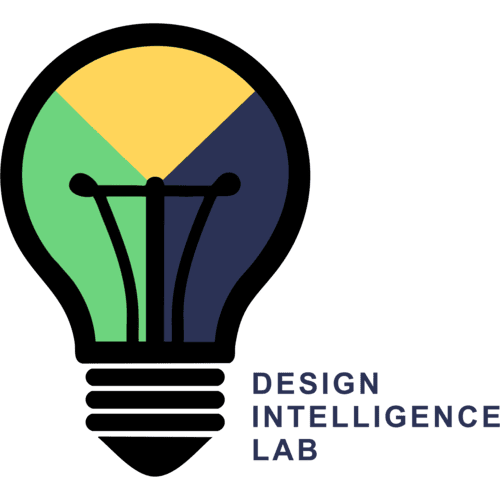March 2009- Ashok Goel, Mateja Jamnik (University of Cambridge, UK) and Hari Naryanan (Auburn University) to organize DIAGRAMS 2010, the Sixth International Conference on Theory and Application of Diagrams. The conference will be held on August 9-11, 2010, in Portland, Oregon, in conjunction with the 32nd meeting of the Cognitive Science Society.
Author Archive: LabManager
Goel presents at DARPA
February 23-24, 2009- Ashok Goel presented DILab’s work on story analysis to the DARPA Workshop on Experience-Based Narrative Memory (En-Em) in Washington, DC. See the STAB project for more details.
Paper published in AI in Engineering Design Journal
February 2009- The paper “Structure, Behavior & Function of Complex Systems: The SBF Modeling Language,” coauthored by Ashok Goel, Spencer Rugaber & Swaroop Vattam is published in the International Journal of AI in Engineering Design, Analysis and Manufacturing (Special Issue on Developing and Using Engineering Ontologies, 23: 23-35, 2009.)
Goel presents at NSF REESE PI Workshop
February 17-19, 2009- Ashok Goel presented DILab’s work learning functional models of complex systems to the NSF REESE PI Workshop in Washington, DC. See the ACT project for more details.
Goel presents at NSF CreativeIT PI Workshop
January 15, 2009- Ashok Goel presented DILAB’s work on biologically inspired design to the NSF CreativeIT PI Workshop in Washington, DC. A link to Ashok’s talk, “Creative Analogies: Learning About and Learning Through Biologically Inspired Design,” is available here.
Paper accepted to 2010 IMFAR Conference
February 22, 2010- The following has been accepted for presentation to the 2010 IMFAR conference:
Maithilee Kunda, Keith McGreggor & Ashok Goel. Can the Raven’s Progressive Matrices Intelligence Test be Solved by Thinking in Pictures? To be presented to the Tenth Annual International Meeting for Autism Research (IMFAR-2010), Philadelphia, May 2010.
From Design Cases to Generic Mechanisms
Analogical reasoning plays an important role in design. In particular, cross-domain analogies appear to be important in innovative and creative design. However, making cross-domain analogiesis hard and often requires abstractions common to the source and target domains. Recent work in case-based design suggests that generic mechanisms are one type of abstractions useful in adapting past designs. However, one important yet unexplored issue is where these generic mechanisms come from. We hypothesize that they are acquired incrementally from design experiences in familiar domains by generalization over patterns of regularity. Three important issues in generalization from experiences are what to generalize from an experience, how far to generalize, and what methods to use. In this paper, we describe how structure-behaviorfunction models of designs in a familiar domain provide the content, and togetherwith the problem-solving context in which learning occurs, also provide the constraints for learning generic mechanismsfrom design experiences. In particular, we describe the model-based learning method with a scenario of learning of feedback mechanism.
Design Explanations in Interactive Design Environments
Ashok Goel, Andres Gomez, Nathalie Grue, William Murdock, Margaret Recker & T. Govindaraj. Design Explanations in Interactive Design Environments. In Artificial Intelligence in Design – 1996, J. Gero and F. Sudweeks (editors), Boston, MA: Kluwer Academic Press, 1996.
Meta-Cases: Explaining Case-Based Reasoning
Ashok Goel & William Murdock. Meta-Cases: Explaining Case-Based Reasoning. In Lecture Notes in Artificial Intelligence 1168: Advances in Case-Based Reasoning, Ian Smith and Boi Faltings (editors), Berlin: Springer-Verlag, 1996.
Functional Device Models and Model-Based Diagnosis in Adaptive Design
Ashok Goel & Eleni Stroulia. Functional Device Models and Model-Based Diagnosis in Adaptive Design. Artificial Intelligence for Engineering Design, Analysis and Manufacturing, Special Issue on Functional Representation and Reasoning, 10:355-370, 1996.
